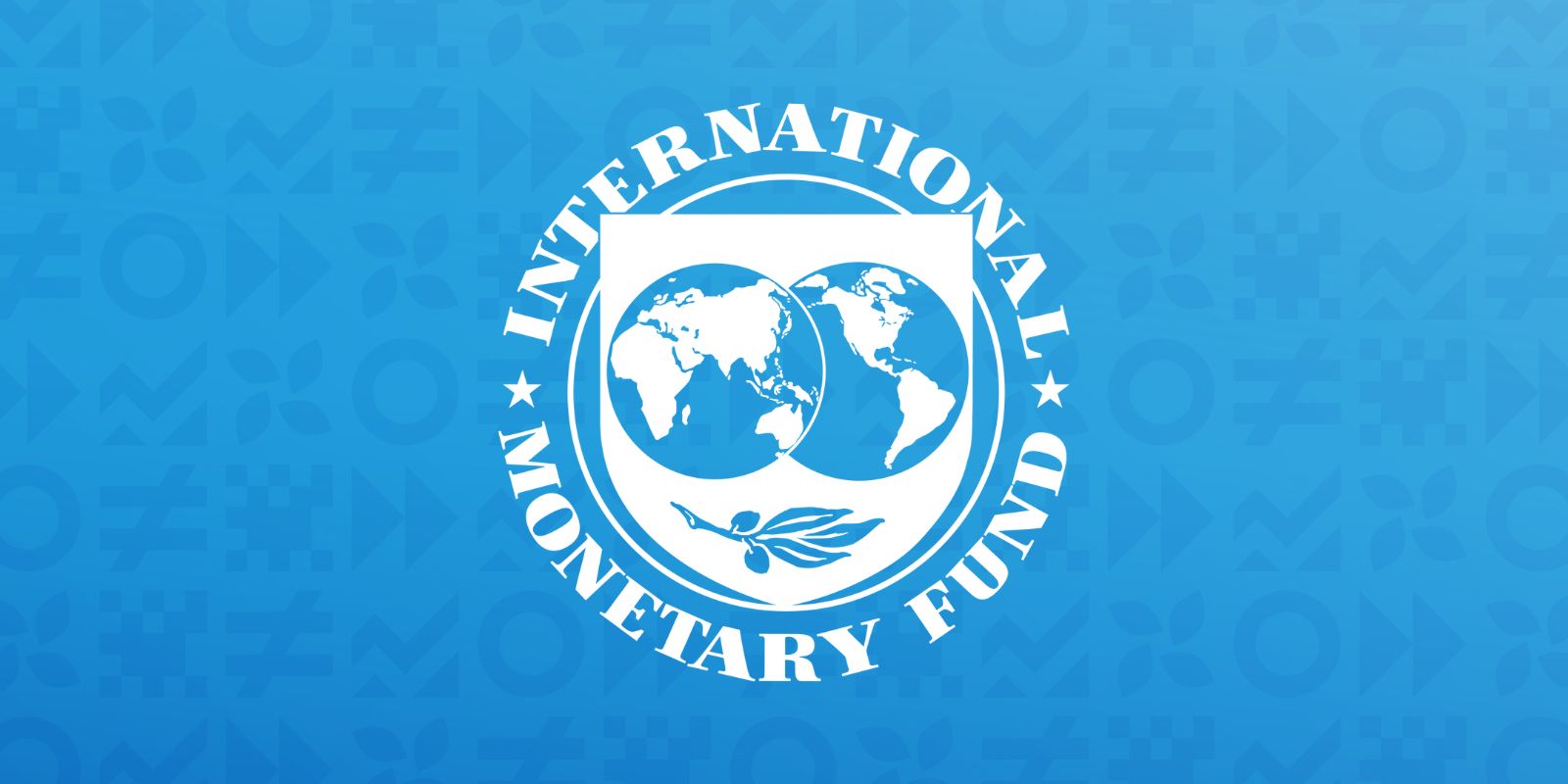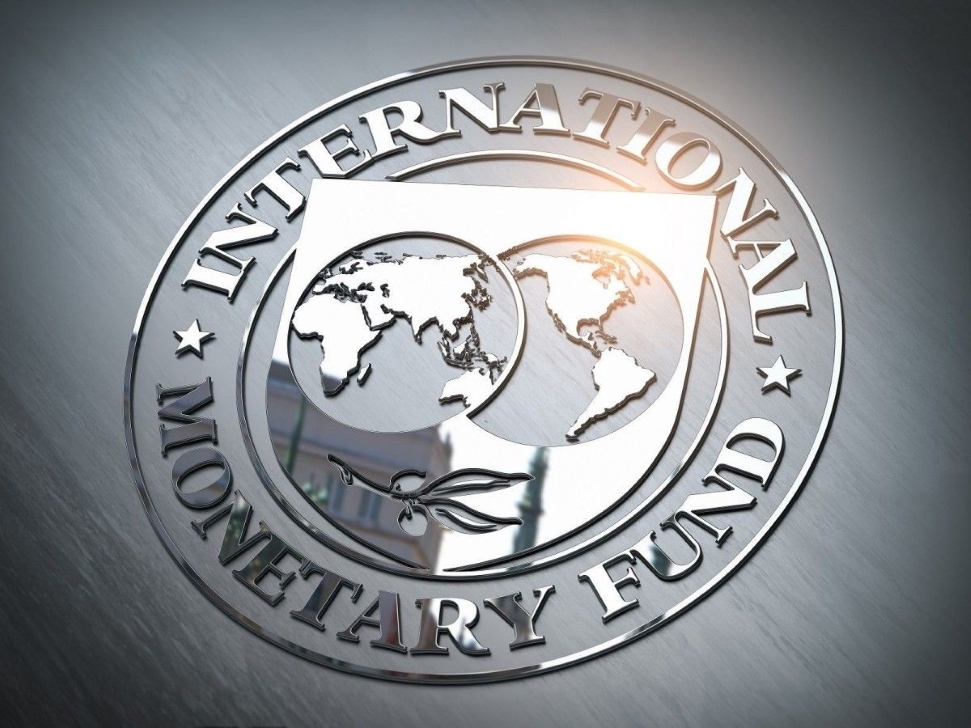
IMF
Agenda: The IMF’s role in countering terrorism through global financial regulations.


The IMF deals with issues related to global financial stability and economic cooperation. In MUN, delegates debate and draft resolutions on topics like debt crises, currency stability, financial aid, global trade imbalances, and economic development. The council provides financial assistance, monitors economic policies, and makes recommendations to promote international monetary cooperation and sustainable growth.
👉 In MUN, this means debates, drafting resolutions, passing amendments, and voting—all focused on ensuring global financial stability, providing economic assistance, and promoting sustainable economic growth worldwide.
Founded in 1944, the IMF has become a key international institution addressing global monetary and financial issues, with 190+ member states working together to promote economic stability, facilitate trade, and support sustainable growth worldwide.
Delegates receive their country assignment and committee placement 4 weeks before the conference. Research packets and training materials are provided to get started.
Delegates research their country's position on the committee topics and write comprehensive position papers, which are reviewed by faculty advisors.
All delegates participate in training sessions to learn parliamentary procedure, resolution drafting, and diplomatic communication strategies.
Debaters engage in moderated and unmoderated caucuses, working to build consensus and draft resolutions on their topics.
Committees vote on draft resolutions, refining and adopting them through collaboration and diplomacy.